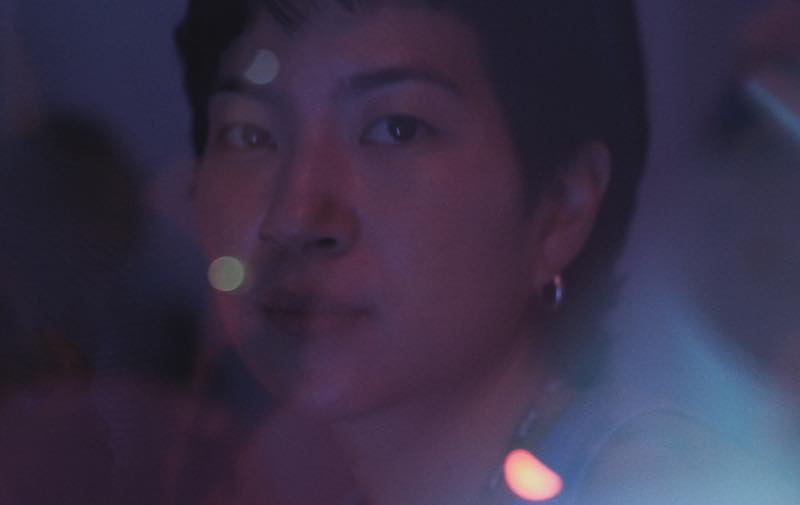My Therapist Said, I Am Full of Sadness
-
Réalisé par Monica Vanesa Tedja • Écrit par Monica Vanesa Tedja
-
Indonésie • 2024 • 22 minutes • Couleur
- Réalisation :
Monica Vanesa Tedja - Écriture :
Monica Vanesa Tedja - Image :
Monica Vanesa Tedja, Charmaine Poh, Asarela Orchidia Dewi - Son :
Monica Vanesa Tedja - Montage :
Monica Vanesa Tedja - Musique originale :
Gardika Gigih, Zeauxi - Étalonnage :
Jonas Römmig - Sound design :
Satrio Budiono
- Production (structure) :
Monica Vanesa Tedja - Coproduction :
John Badalu, Astrid Saerong, Gugi Gumilang - Ayant droit :
Monica Vanesa Tedja
- N° ISAN :
non renseigné
Résumé
Pas de résumé français disponible.
During the three-year process of undergoing therapy, a filmmaker ponders the question of being fully accepted and loved by combing through archival material from their two families: their biological, devout Christian, Indonesian family, and their chosen queer kin in Berlin.
""My therapist said it’s like an Abschied," Monica Vanesa Tedja says. Monic embarks on a journey from Berlin to Indonesia to return to the bosom of the family for a short while. The camera is in the luggage, and an important question: Can the devout Christian parents who are so happy about the visit accept their child’s non-binary, queer concept of life and identity instead of blocking it out?
In the beginning we see private archival footage of a supposedly perfect childhood. Monic talks about their own dreams and fears. We listen to tense phone calls with the mother and exchanges with friends, we learn details from therapy sessions. This film is not about harsh confrontations but rather about a quiet departure, about changing relationships, the significance of biological and chosen families, about letting go and arriving – perhaps where you least expect it."
(Seggen Mikael - DOK Leipzig)
Um herauszufinden, wie sich das queere Leben in Berlin und der Wunsch nach Akzeptanz der christlich-indonesischen Eltern vereinbaren lassen, sucht Monica in Archivmaterial nach Antworten.
""In der Therapie habe man ihr gesagt, es fühle sich an wie ein Abschied", erzählt Monica Vanesa Tedja. Monic unternimmt eine Reise von Berlin nach Indonesien, um für kurze Zeit in den Schoß der Familie zurückzukehren. Die Kamera ist im Gepäck, ebenso wie eine wichtige Frage: Können die christlich-gläubigen Eltern, die sich über den Besuch so sehr freuen, das nicht binäre, queere Lebens-und Identitätskonzept ihres Kindes tatsächlich annehmen, statt es auszublenden?
Anfangs sehen wir private Archivaufnahmen einer vermeintlich perfekten Kindheit. Monic berichtet von den eigenen Träumen und Ängsten. Wir lauschen angespannten Telefonaten mit der Mutter und dem Austausch mit Freund*innen, wir erfahren Details aus Therapiesitzungen. In dem Film geht es nicht um harte Konfrontationen, sondern vielmehr um ein leises Aufbrechen, um sich verändernde Beziehungen, um die Bedeutung von biologischer und gewählter Familie, ums Loslassen und Ankommen – dort, wo man es vielleicht am wenigsten erwartet."
(Seggen Mikael - DOK Leipzig)
Mot(s)-clé(s) thématique(s)
Sélections et distinctions
- 2024 • DOK Leipzig - International Leipzig Festival for Documentary and Animated Film • Leipzig (Allemagne) • Compétition internationale documentaire
Comment avoir accès au film ?
-
Édition DVD
- Il n'existe pas d'édition DVD à notre connaissance
-
Accès VOD
- Il n'existe pas d'accès en VOD à notre connaissance
- Distribution
- Aide sur les moyens d'accéder à un film
